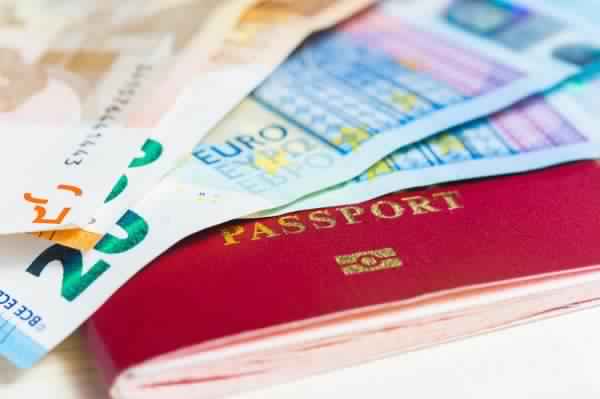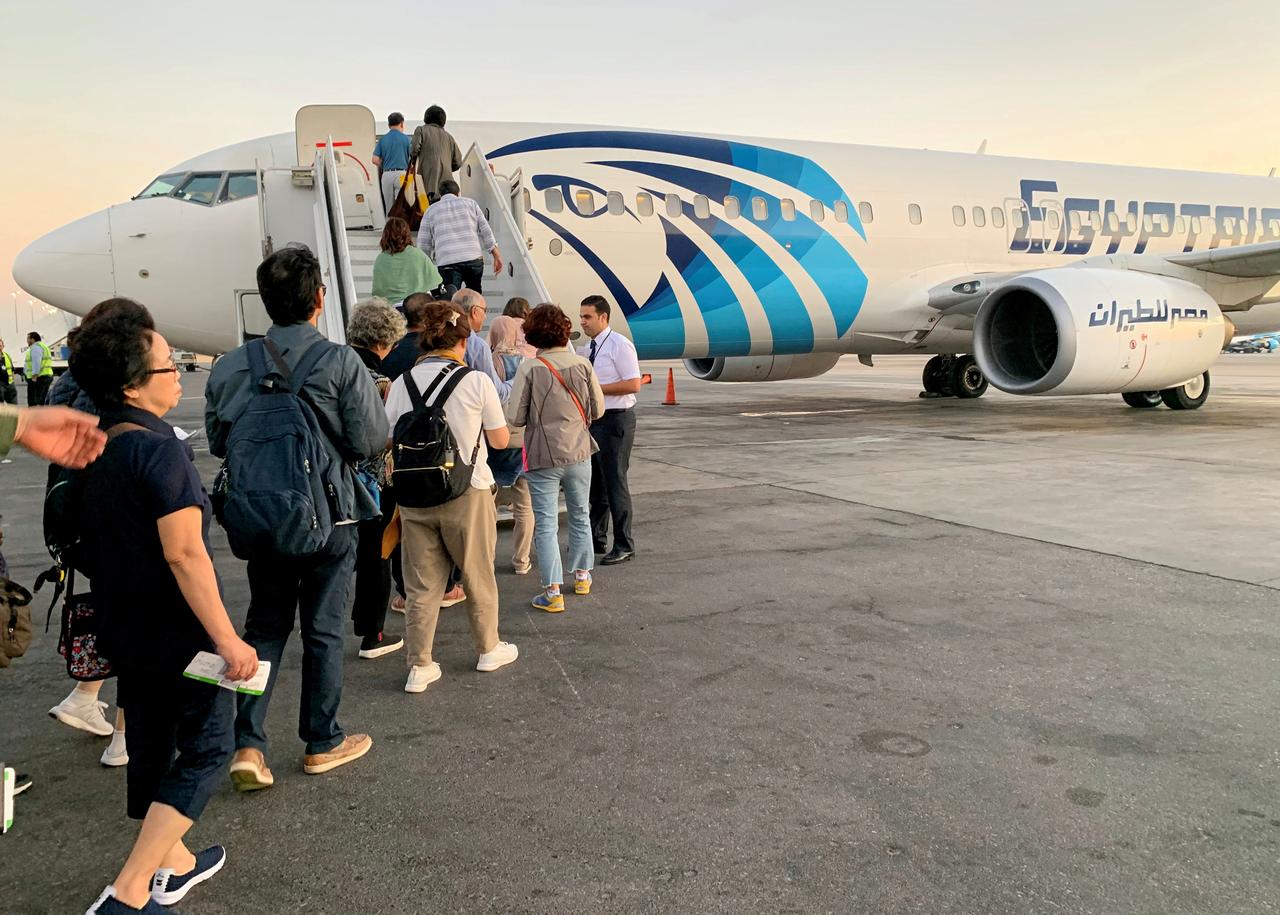Strolling through a London park, a casual conversation with a friend became the catalyst for a longstanding search for the answer to the question: why are people are driven to travel?
I asked my friend about his plans for his upcoming vacation. “Are you not travelling anywhere?” He looked back at me with an expression of bewilderment. “No. Why would I go somewhere for no reason?”
I knew there were plenty of good reasons to travel–I just couldn’t come with any on the spot. And it got me thinking.
I have been lucky. I’ve been travelling from a very young age, and I simply never questioned why people did it. Depending on the length of your vacation–and the size of your budget–you chose your destination, and you just went.
I had been away from home for some time now. Living in the British capital, there was no shortage of people with different views of the world from my own.
These meetings shook my fundamental beliefs about the world and myself. A good example of this was the difference between right and wrong.
Growing up in Egypt, a fairly conservative society marked by sharp distinctions between right and wrong, it’s easy to become judgmental. There are no ifs, buts or maybes–society has drawn its lines.
But by dealing and living with people who did not share my society’s beliefs, things slowly began to change. I was able to see how right was not really right and how wrong was not really wrong; how it is a matter of relativity, of personal preference. I realized nothing was set in stone.
There must be as many reasons to travel as there are travelers. But those reasons are elusive–for it is difficult to know one’s true motives for leaving everything they know behind and throwing oneself into the unknown. Some have even made the study of “travel psychology” their specialty, studying both why people travel and what happens to them when they do.
Yet the inability to pinpoint one’s true motives for travelling is but part of a larger phenomenon: the inability to understand oneself. Travelling in order to “discover one’s self” is one reason to hit the road. But how does it work?
We are a black box. What is inside is unknown, not only to others, but also to ourselves–and we spend our lifetimes trying to look inside.
We observe ourselves and see how we interact with different people, how we deal with society and how we judge ourselves and others. The more of these observations we make, the more we begin to understand.
Once we have settled into a society, especially those in which we’ve been raised, we begin absorbing its traditions and rules, unknowingly adopting them as our own. These assumptions frame our actions and thoughts, eventually becoming a part of our perceived selves.
Staying in the same place, and around the same people, we rarely have a chance to question ourselves. Our beliefs, therefore, are rarely challenged.
But once we start travelling, we become exposed to different people who do not necessarily share our beliefs or our values. Immersion in a foreign world can lead to a direct assault on our long-held assumptions, adding a layer of uncertainty about our beliefs and judgments.
The more we travel, the more uncertain we become. But it is precisely this uncertainty that can show us what we are certain of. And it is this core of certainty that makes us who we are.
And so we shed these parts that we once thought were part of us, leaving only what matters. When we travel, we are forced to leave some things behind. But we cannot possibly know what will be left and what we will carry for eternity.
And so we leave to find out what we cannot leave behind.
Cesare Pavese described traveling as “a brutality.” “It forces you to trust strangers and to lose sight of all that familiar comfort of home and friends,” he writes. “You are constantly off balance. Nothing is yours except the essential things.”
And the discovery of these essential things becomes the point of the whole exercise. After all, what had prompted my quest for the reasons we travel was travelling itself.
At some point, my friend went to Switzerland for a day, which he spent aimlessly wandering around. When he returned, I asked him how his trip went. After a long pause he replied, “I think I’m starting to understand why people travel.”
With a new voice every week, writers offer their reflections on the reasons why people leave behind familiar settings, friends, and perhaps even family members and beloved pets, to explore new places, away from home. Readers of Al-Masry Al-Youm are encouraged to contribute by reflecting on their own journeys and telling us why they travel, either by sending their stories to [email protected], by registering to our site and writing a blog or by leaving their comments.




